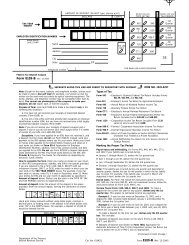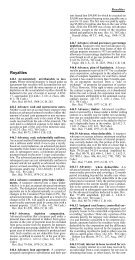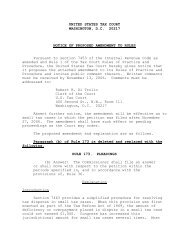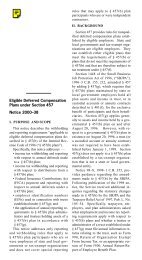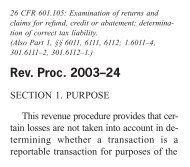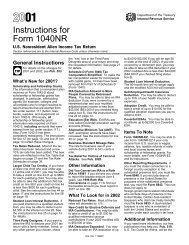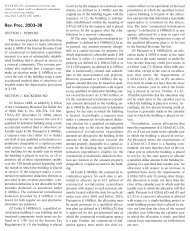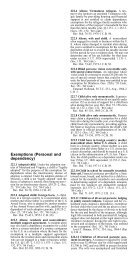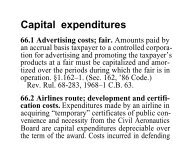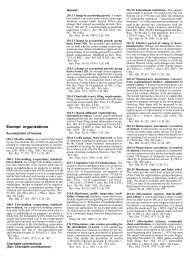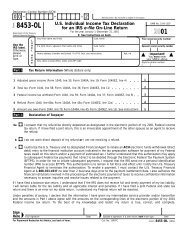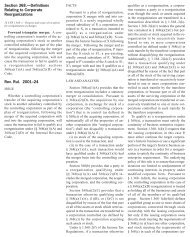Auto Dealerships - Audit Technique Guide - Uncle Fed's Tax*Board
Auto Dealerships - Audit Technique Guide - Uncle Fed's Tax*Board
Auto Dealerships - Audit Technique Guide - Uncle Fed's Tax*Board
Create successful ePaper yourself
Turn your PDF publications into a flip-book with our unique Google optimized e-Paper software.
To facilitate cash flow and to avoid collection responsibilities, the dealerships often transfer nonprime<br />
or sub-prime installment contracts to an unrelated finance company shortly after the deals<br />
are consummated for an up-front cash advance and the possibility of additional cash payments in<br />
the future. <strong>Dealerships</strong> may do business with several finance companies, and may have paid a fee<br />
and entered into a servicing agreement with each finance company prior to transacting business<br />
with it. Servicing agreements vary among finance companies, and one finance company may have<br />
a variety of programs, but the basic premise of most programs is the same. Upon transfer of the<br />
installment contract, the finance company pays the dealership an advance which may range from<br />
50 to 75 percent of the contract, depending on the credit rating of a particular customer or the<br />
dealership’s aggregate pool of contracts. The advance can be based on the face amount of the<br />
contract without interest, or the total contract amount including interest. After paying the<br />
advance, the finance company collects the installment payments from the vehicle purchaser for a<br />
fixed percentage of each payment, often 20 percent. In addition, the finance company will be<br />
reimbursed for any out of pocket collection cost incurred. Only after recovering the fixed<br />
percentage fee, out of pocket collection costs, and the advance, will the finance company begin to<br />
pay the dealership for the remainder of the contract, known as the BACK-END<br />
DISTRIBUTION.<br />
To summarize, the finance companies apply the collections on the installment contracts in the<br />
following order:<br />
1. To pay the fixed percentage collection fee<br />
2. To reimburse out-of-pocket collection costs (e.g. repossessions related expenses)<br />
3. To repay the advance from the finance company to the dealerships, and<br />
4. To remit any remaining funds to the dealer (back-end distribution)<br />
Assuming a 20 percent fixed collection fee, and if the finance company has no out-of-pocket<br />
collection costs, the dealer has the potential through the advance plus back-end distributions to<br />
receive 80 percent of the installment contract (either the face amount of the contract or the face<br />
amount of the contract plus interest, depending on the servicing agreement). However, because<br />
of the order in which the collections are applied, dealers may not receive any back-end<br />
distributions because the collections received will be subject to a high default rate and may never<br />
exceed the sum of the 20 percent service fee, out-of-pocket costs, and the repayment of the<br />
outstanding advances.<br />
The chances of receiving back-end distribution are further diluted because the finance companies<br />
aggregate the installment contracts rather than carry them individually. For example, if a<br />
dealership transfers 20 non-prime or sub-prime contracts, the advances from the finance company<br />
for all 20 contracts will be aggregated, and only after collections are received that exceed the<br />
cumulative advances on all 20 contracts will any back-end distribution be made. Thus, as long as<br />
the finance company keeps issuing advances, the cumulative advance balance increases and the<br />
collections received may never be enough to cover this ever-increasing advance balance.<br />
To rectify this, some finance companies offer pool capping. Under this arrangement, the<br />
dealership may pays an additional fee to cap off one pool (or group) of contracts and to create a<br />
19-15



